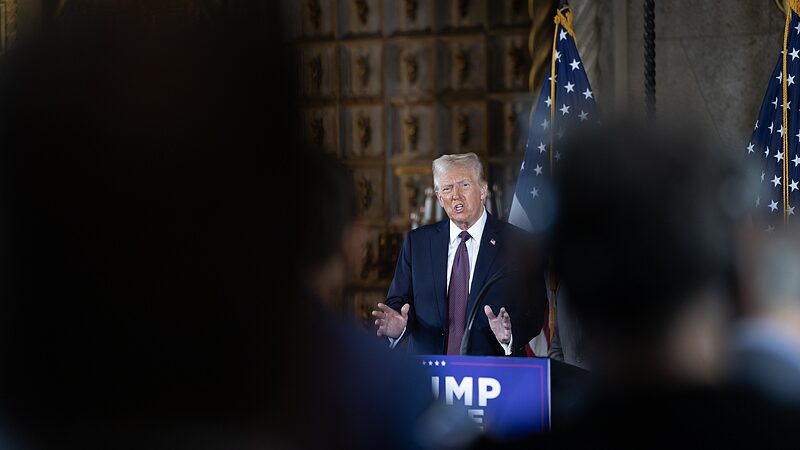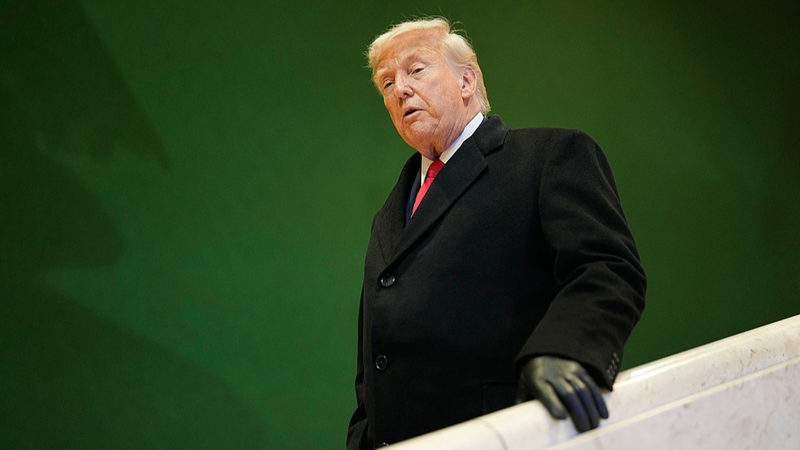After 15 months of intense conflict, a ray of hope shines over the Middle East 🌅. Israel and Hamas have agreed to a landmark ceasefire-for-hostage deal, mediated by Qatar, Egypt, and the United States on January 15.
In a surprising twist, U.S. President Joe Biden, in his farewell address from the Oval Office, announced the agreement and claimed credit for the diplomatic breakthrough. But here's the plot twist: President-elect Donald Trump is set to ensure its implementation 🤔.
So, how might Trump's return to the White House shake things up in the Israel-Palestine conflict? Let's dive in 🏊♂️.
Biden vs. Trump: Who Gets the Credit? 🏆
The ceasefire agreement kicks off with a 42-day ceasefire and the withdrawal of Israeli forces from densely populated areas in Gaza. Hamas will release 33 hostages in exchange for Israel freeing Palestinian prisoners by the end of this first phase. The details of the next phases? Stay tuned!
In his announcement, Biden emphasized that the deal mirrored a proposal he made on May 31, 2024, praising the \"dogged and painstaking\" efforts of American diplomacy. \"My diplomacy never ceased in their efforts to get this done,\" he said.
When asked who should get the historical credit for this deal, Biden chuckled, \"Is that a joke?\" 😂
Not to be outdone, Trump took to his platform, Truth Social, declaring, \"This EPIC ceasefire agreement could have only happened as a result of our Historic Victory in November…\" He credits his election win for signaling a new approach to peace and security.
The Trump Factor: Déjà Vu or New Moves? 🎯
Trump's team claims that the Biden administration couldn't secure a lasting ceasefire until Trump's Middle East envoy, Steve Witkoff, stepped in. A weekend meeting between Israeli Prime Minister Benjamin Netanyahu and Witkoff reportedly led to a breakthrough, with Witkoff \"doing more\" in one session than Biden did all year, according to sources.
Wang Jin, assistant director of the Institute of Middle East Studies at Northwest University of China, believes the timing is no coincidence. With the first phase set to begin on the eve of Trump's inauguration as the 47th U.S. president, both administrations applied pressure to make the deal happen.
\"The U.S. exerted significant pressure, which was a crucial external factor for all parties,\" Wang told CGTN.
What Does This Mean for the Future? 🔮
Trump's impending return raises questions about how his administration will shape the Middle East dynamics. Will his policies echo his first term, or are we in for new strategies?
For now, as the world watches this unfolding drama, one thing is certain: the next chapters in the Israel-Palestine conflict are bound to be significant, and possibly, game-changing 🎲.
Stay tuned, amigos! 💫
Reference(s):
Analysis: How could Trump's return shape Palestine-Israel conflict?
cgtn.com




